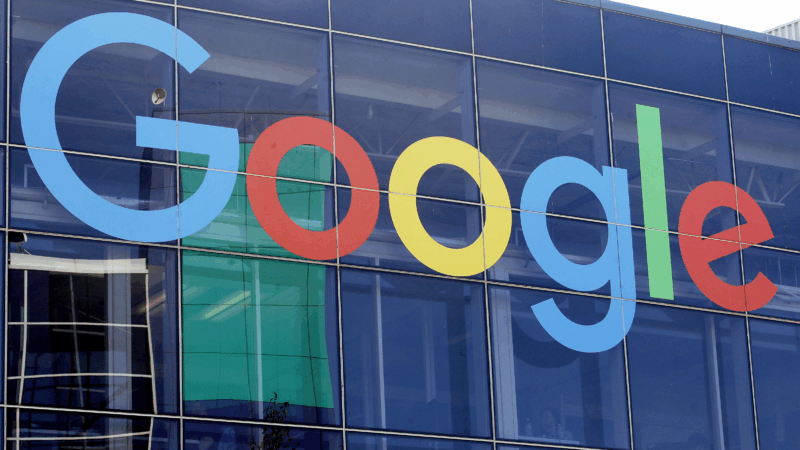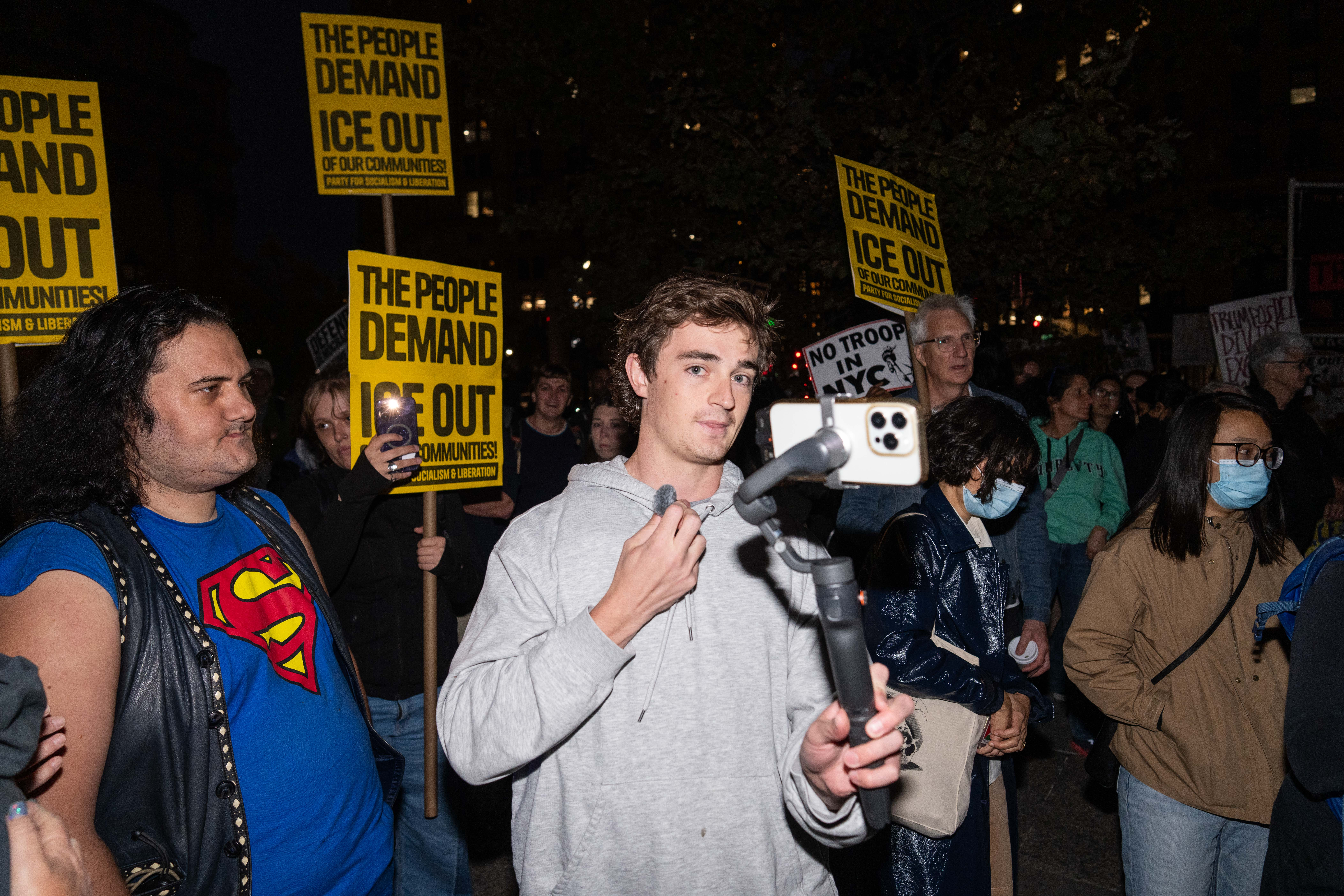Google will pay Texas $1.4B to settle claims over user data collection
Google will pay $1.4 billion to Texas to settle claims the company collected users’ data without permission, the state’s attorney general announced Friday.
Attorney General Ken Paxton described the settlement as sending a message to tech companies that he will not allow them to make money off of “selling away our rights and freedoms.”
“In Texas, Big Tech is not above the law.” Paxton said in a statement. “For years, Google secretly tracked people’s movements, private searches, and even their voiceprints and facial geometry through their products and services. I fought back and won.”
The agreement settles several claims Texas made against the search giant in 2022 related to geolocation, incognito searches and biometric data. The state argued Google was “unlawfully tracking and collecting users’ private data.”
Paxton claimed, for example, that Google collected millions of biometric identifiers, including voiceprints and records of face geometry, through such products and services as Google Photos and Google Assistant.
Google spokesperson José Castañeda said the agreement settles an array of “old claims,” some of which relate to product policies the company has already changed.
“We are pleased to put them behind us, and we will continue to build robust privacy controls into our services,” he said in a statement.
The company also clarified that the settlement does not require any new product changes.
Paxton said the $1.4 billion is the largest amount won by any state in a settlement with Google over this type of data-privacy violations.
Texas previously reached two other key settlements with Google within the last two years, including one in December 2023 in which the company agreed to pay $700 million and make several other concessions to settle allegations that it had been stifling competition against its Android app store.
Meta has also agreed to a $1.4 billion settlement with Texas in a privacy lawsuit over allegations that the tech giant used users’ biometric data without their permission.
Trump will drop push for National Guard deployments in Chicago, LA and Portland, Ore.
Courts blocked troops from deploying in Chicago and Portland, Ore., and the Los Angeles deployment effectively ended after a judge blocked it earlier this month.
What Stranger Things gets right about wormholes
The final episode of fifth season of the Netflix series Stranger Things is out this week, and the concept of a wormhole figures largely into it. While the show is a work of fiction, theoretical wormholes have making appearances for decades not only in science fiction but in actual science.
Photos: The world welcomes the new year
As fireworks light the sky and crowds count down together, communities around the globe welcome 2026.
Meet five new species discovered in 2025
A bumpy snailfish, Andean mouse opossum and ancient sea cow were just some of the many species described in 2025.
What to know about Nick Shirley, the YouTuber alleging daycare fraud in Minnesota
Shirley is a 23-year-old self-described "independent YouTube journalist" who made prank videos in high school before pivoting to politics. He participated in a White House roundtable in October.
Greetings from Vienna, where an imperial palace hosts a holiday market for all
Far-Flung Postcards is a weekly series in which NPR's international team shares moments from their lives and work around the world.







